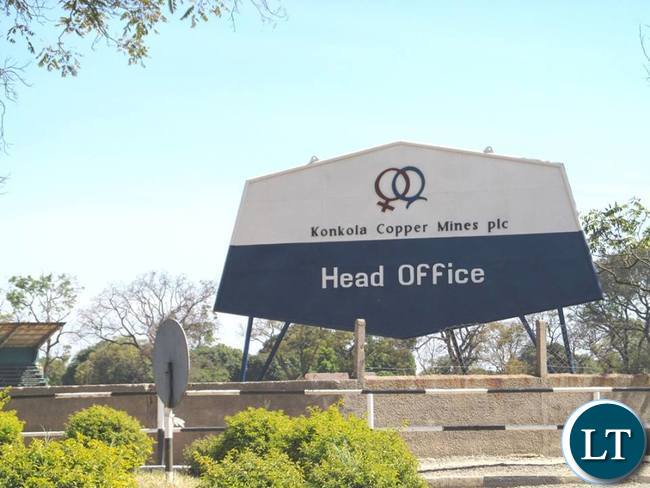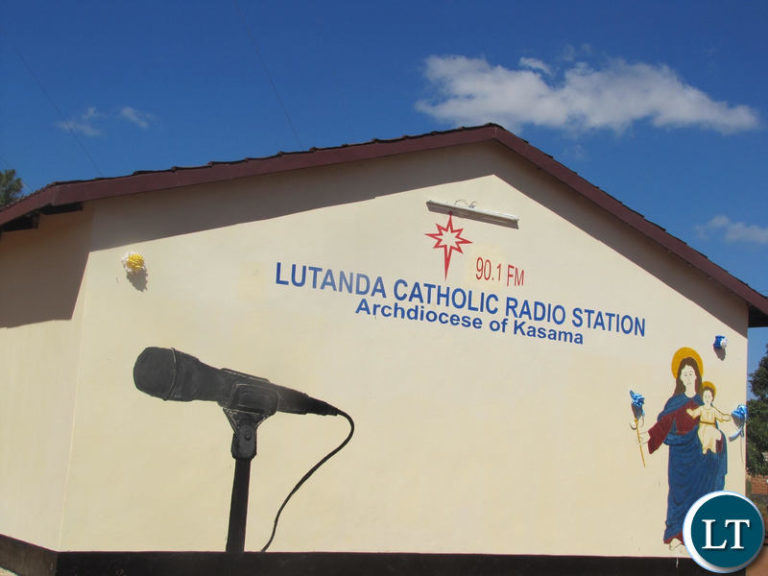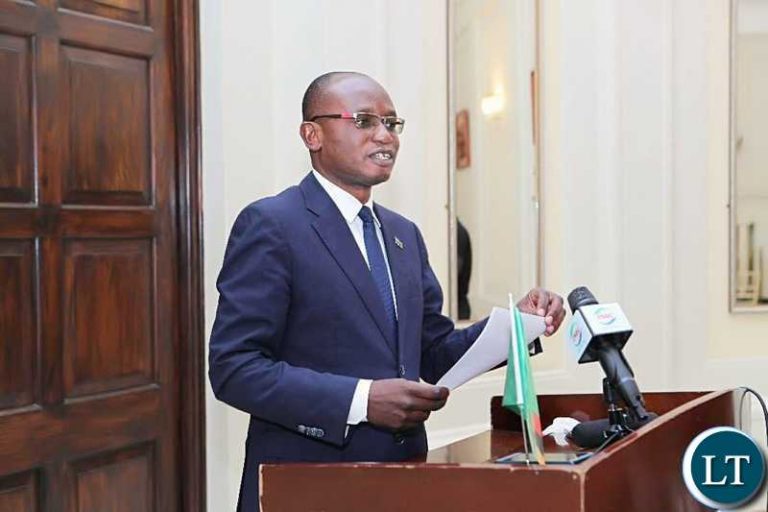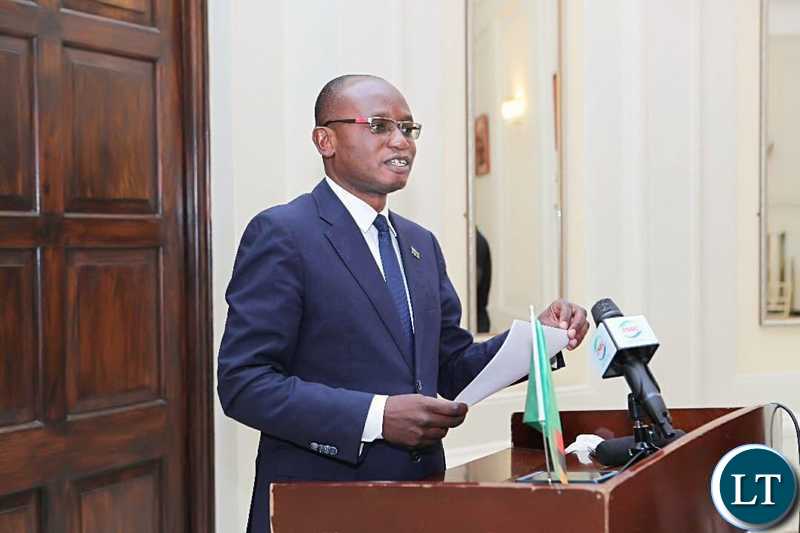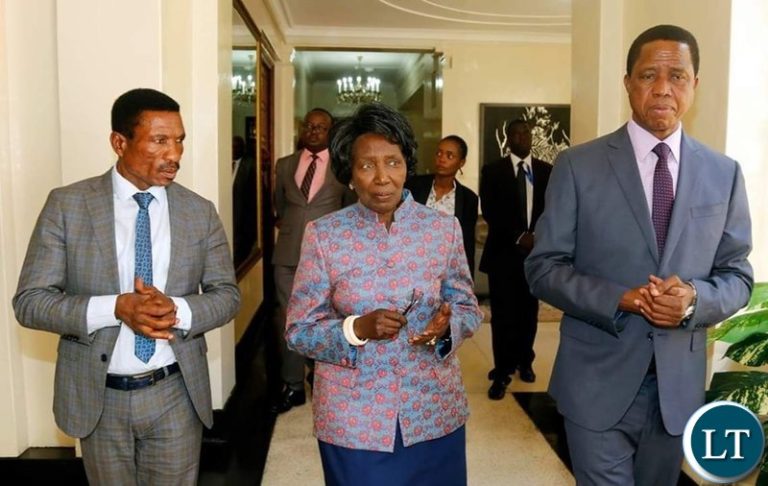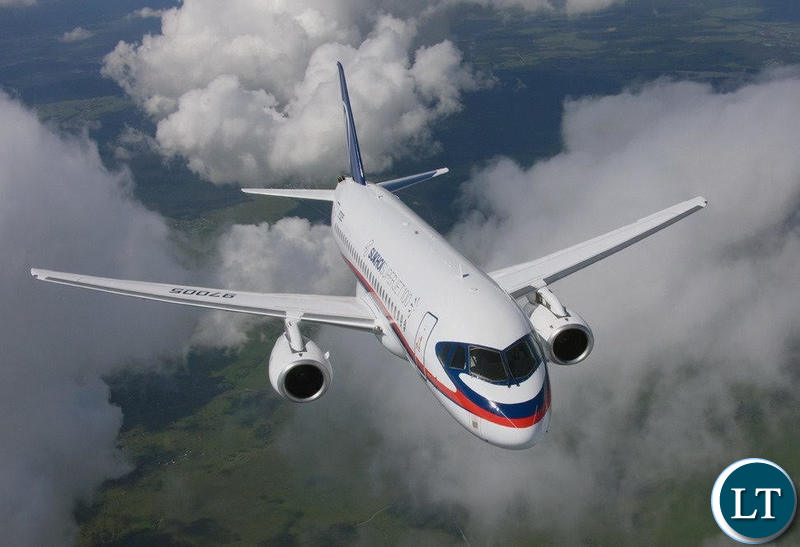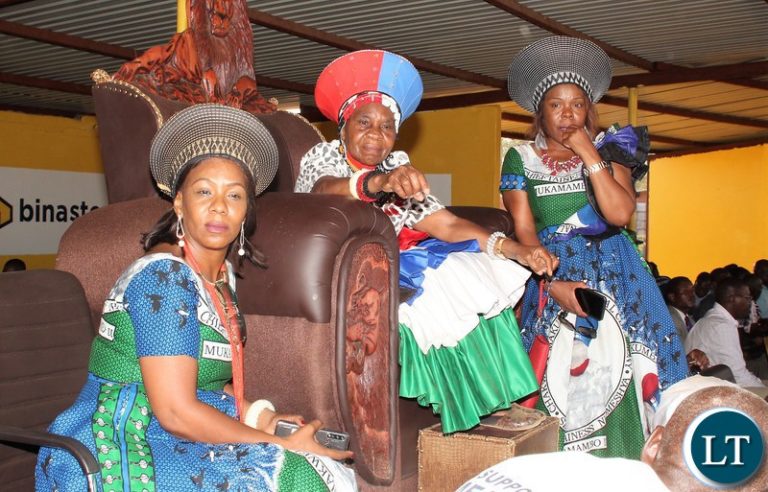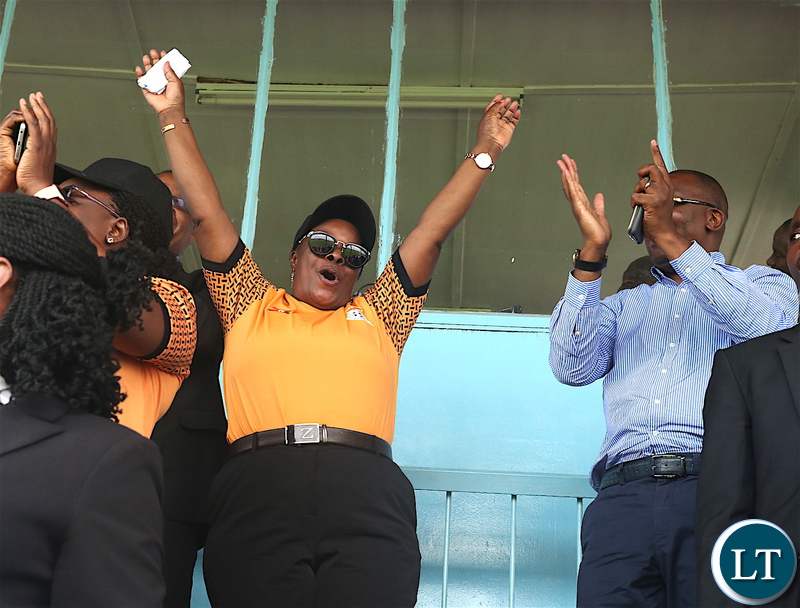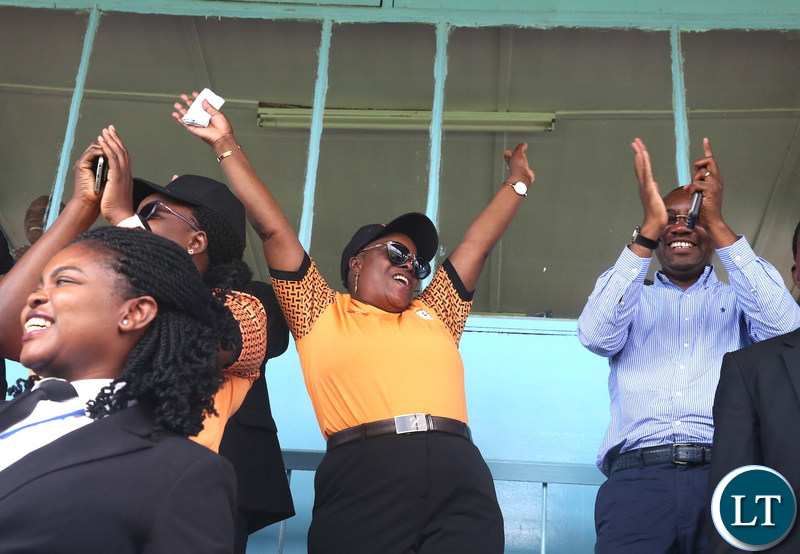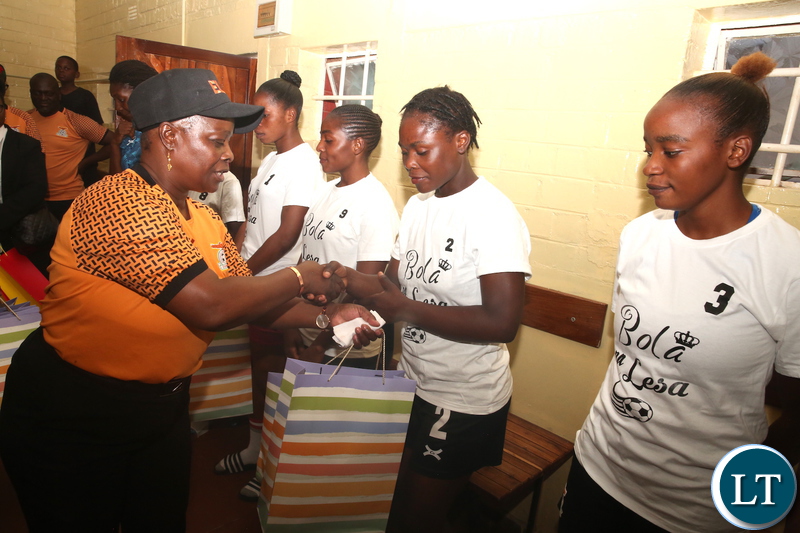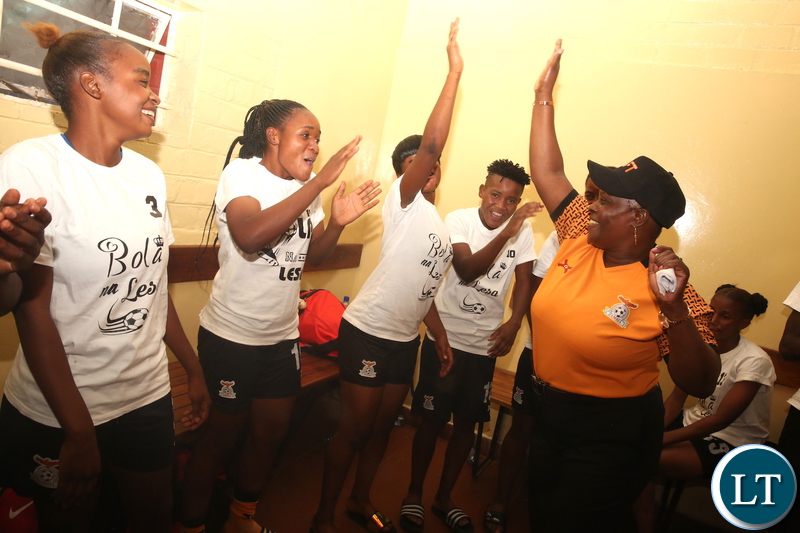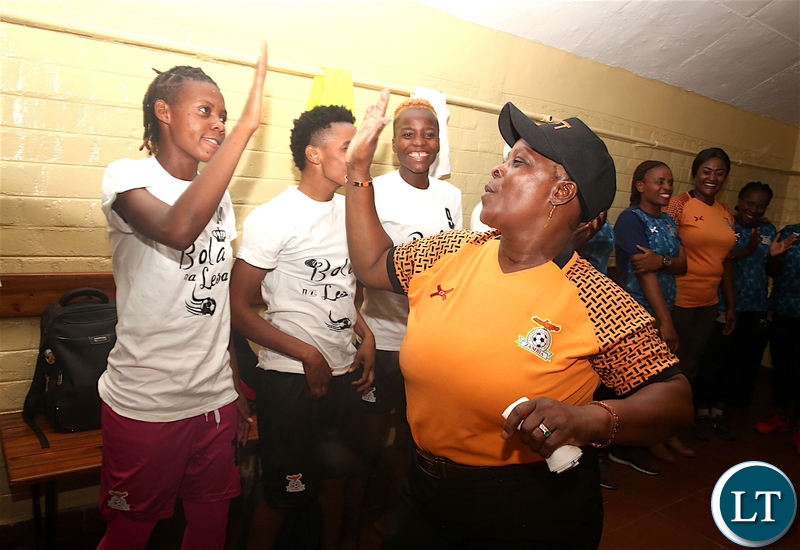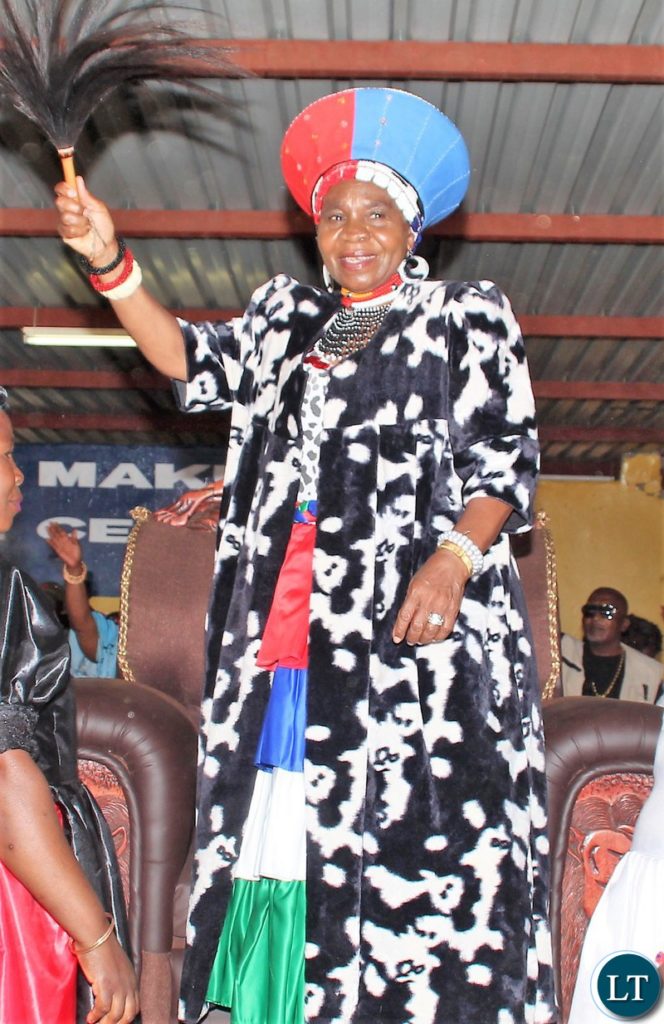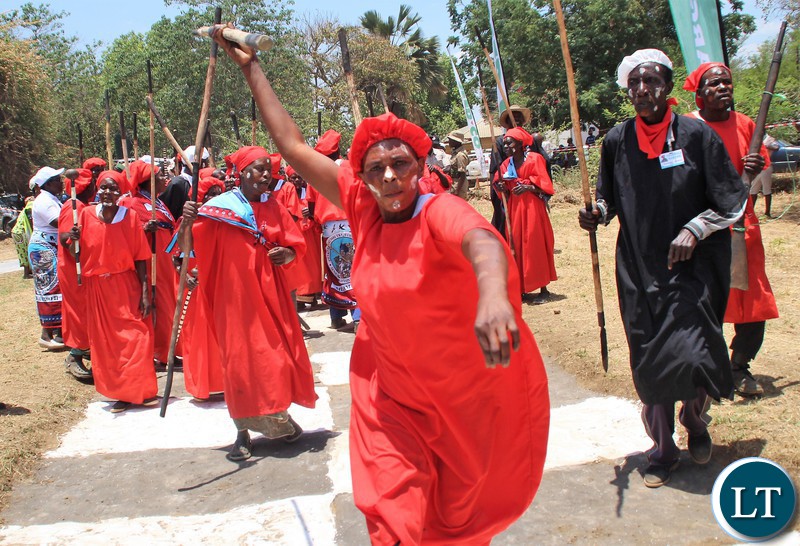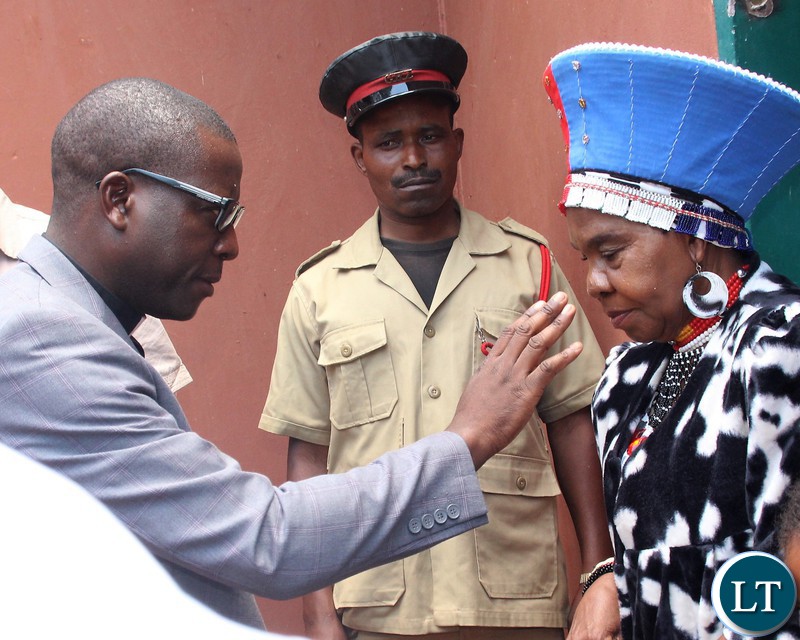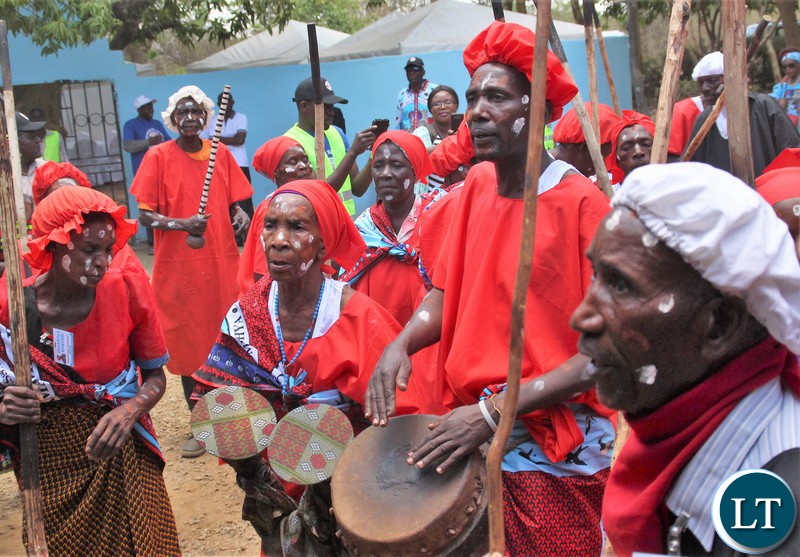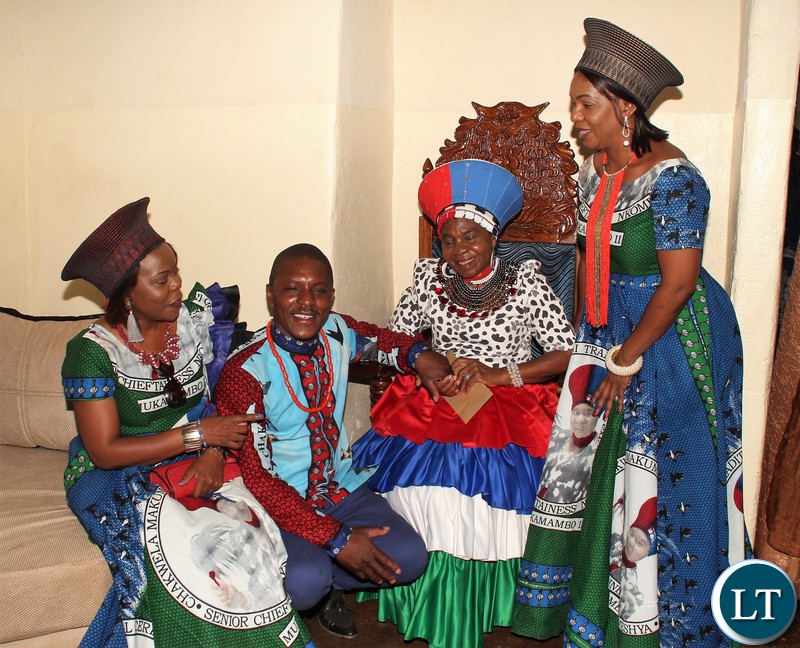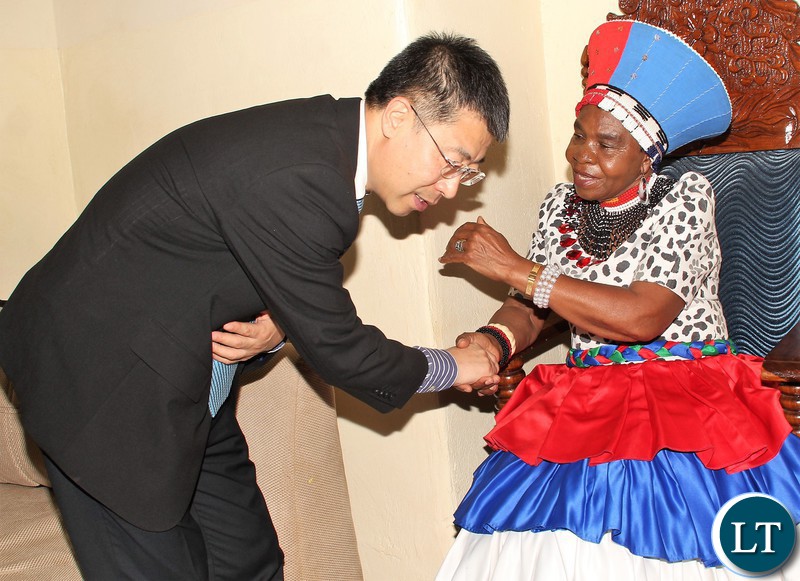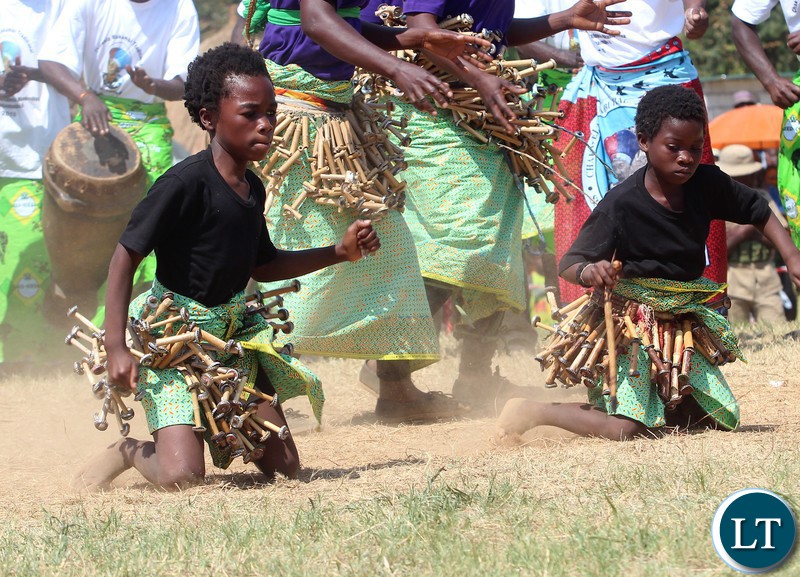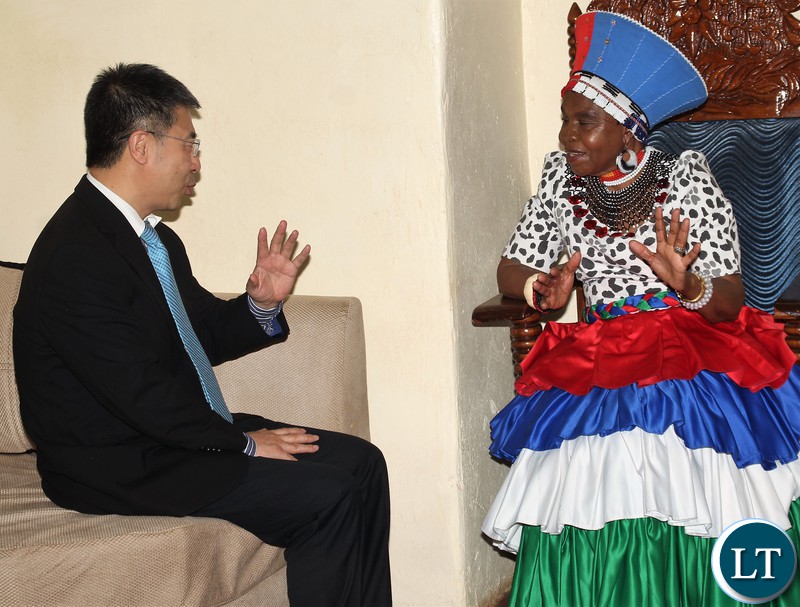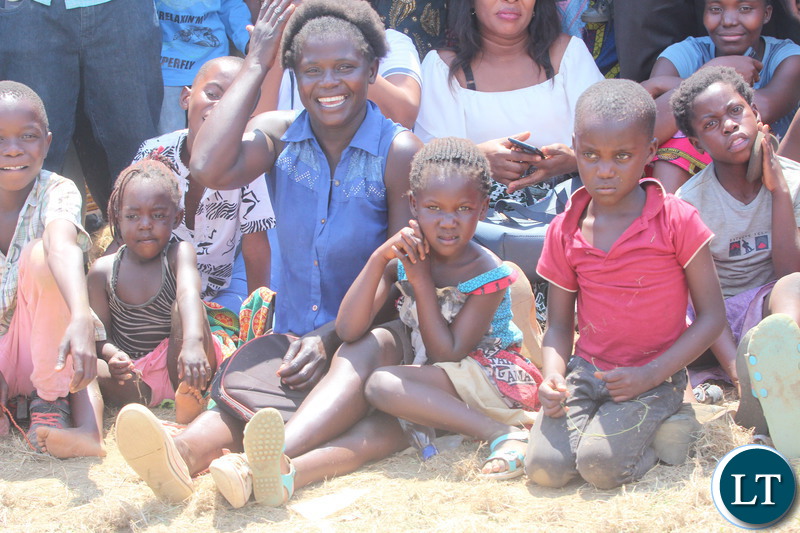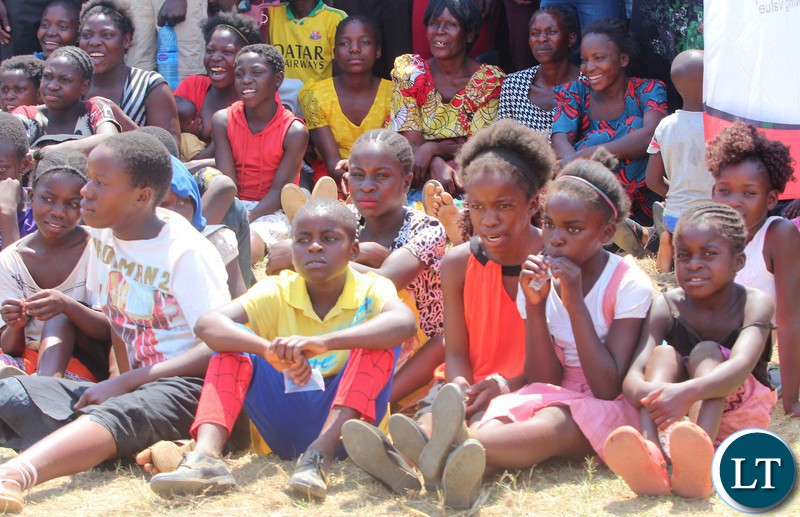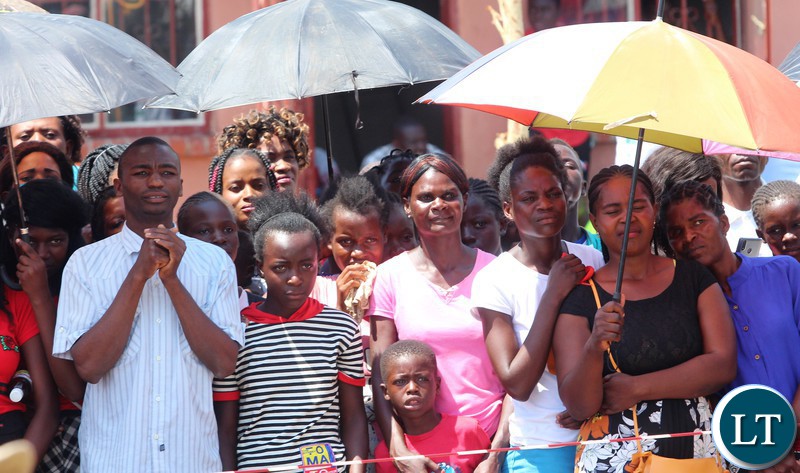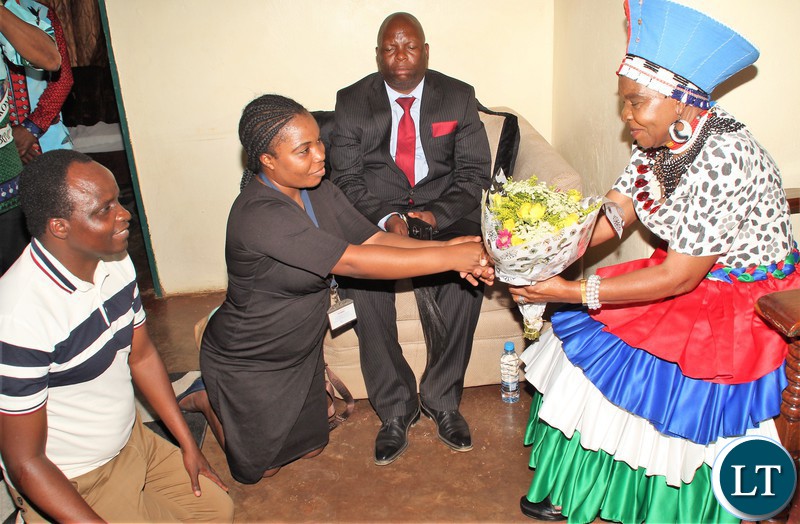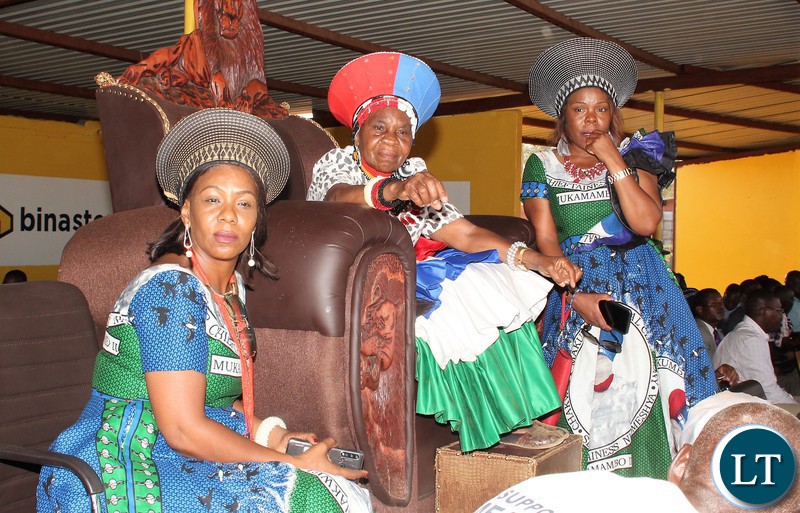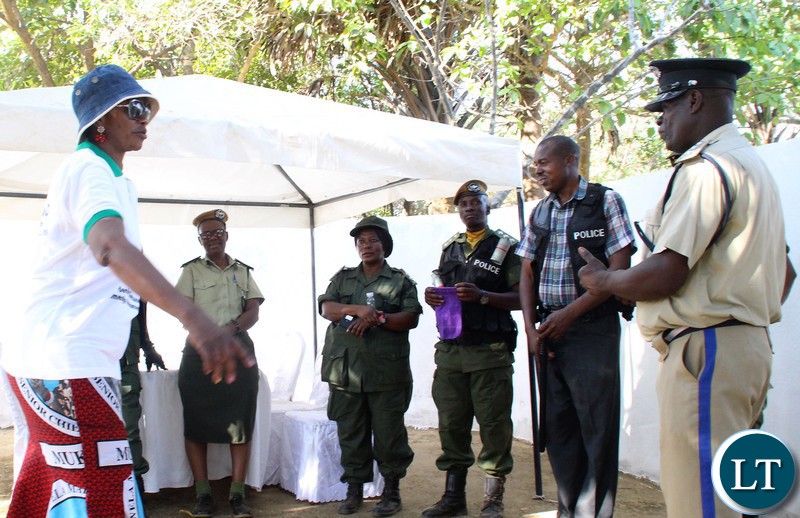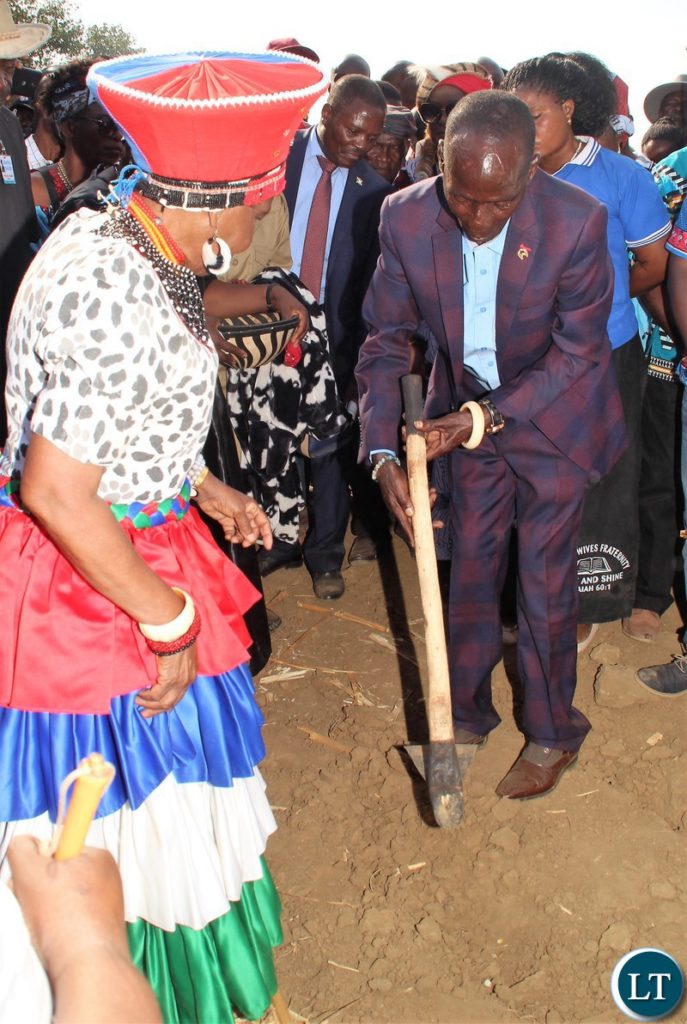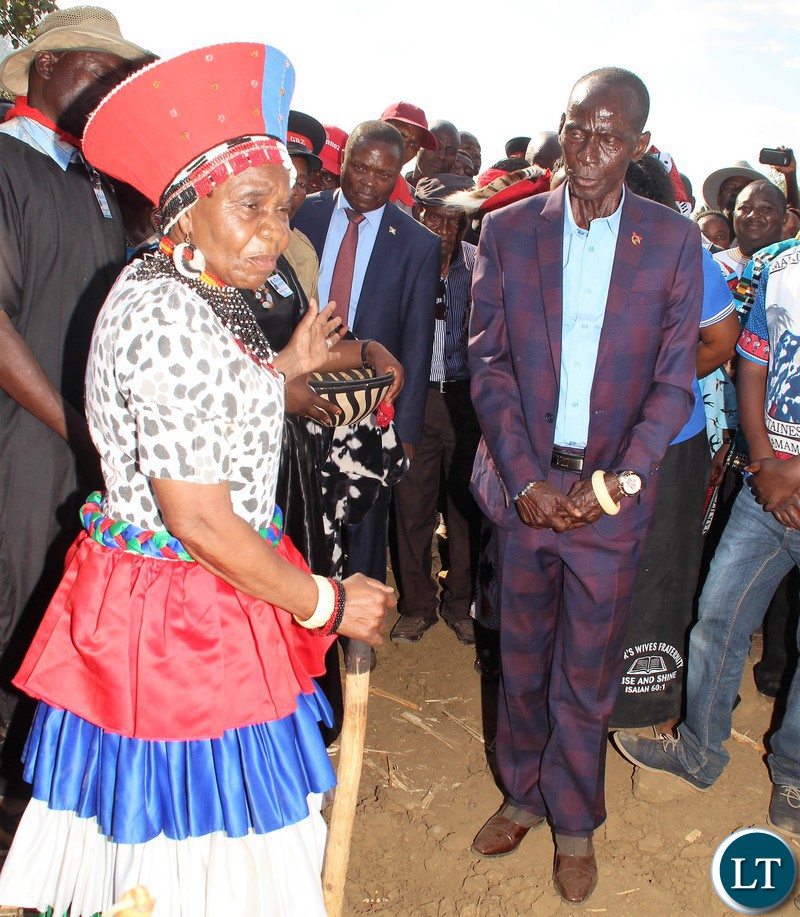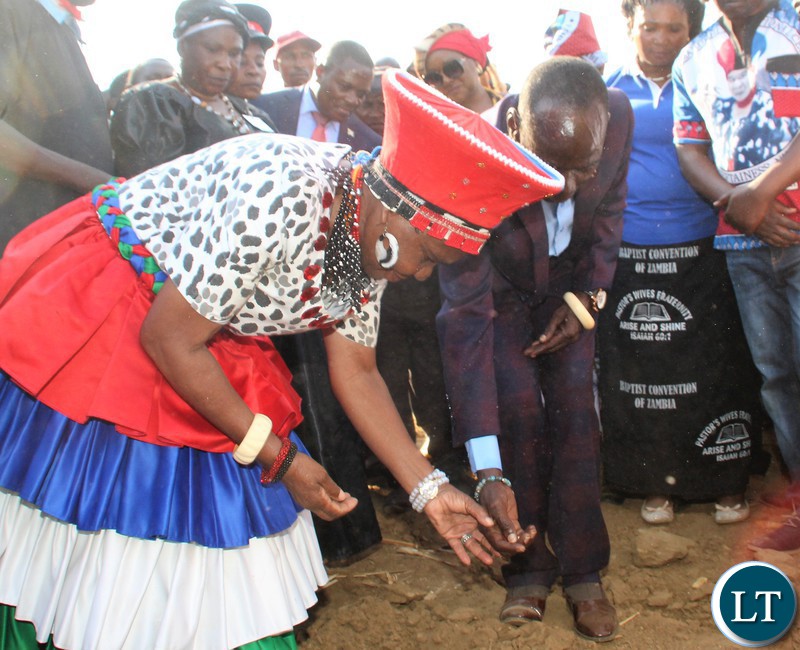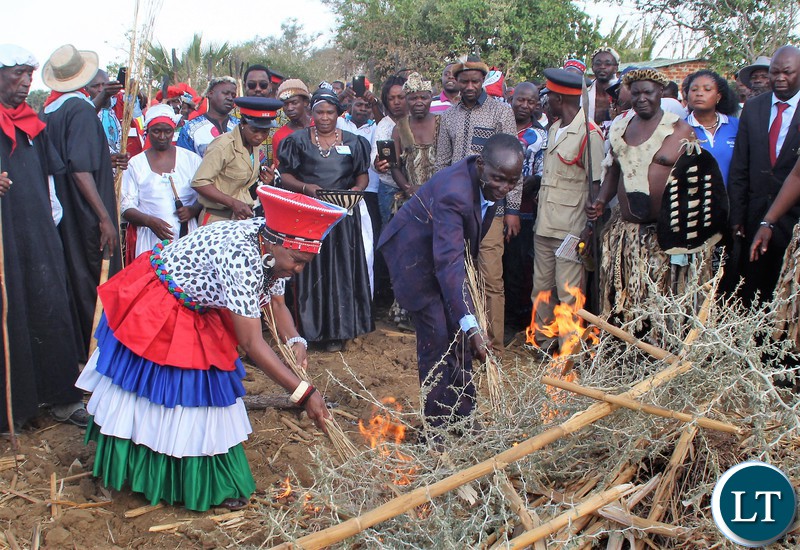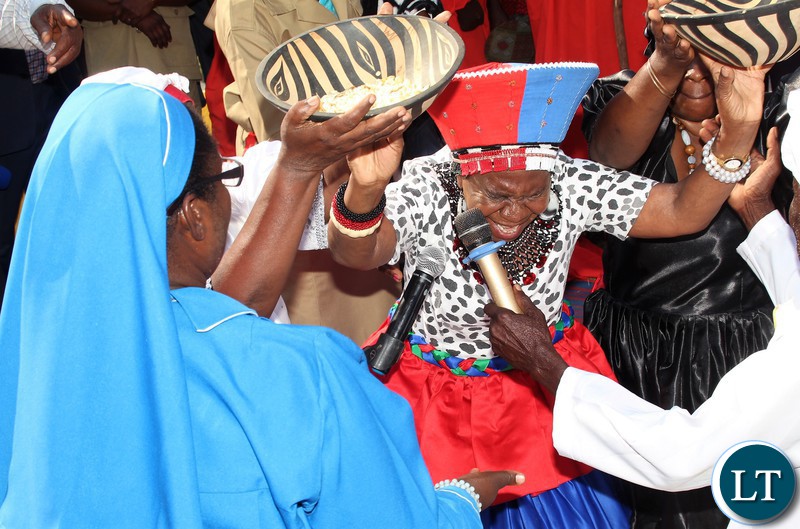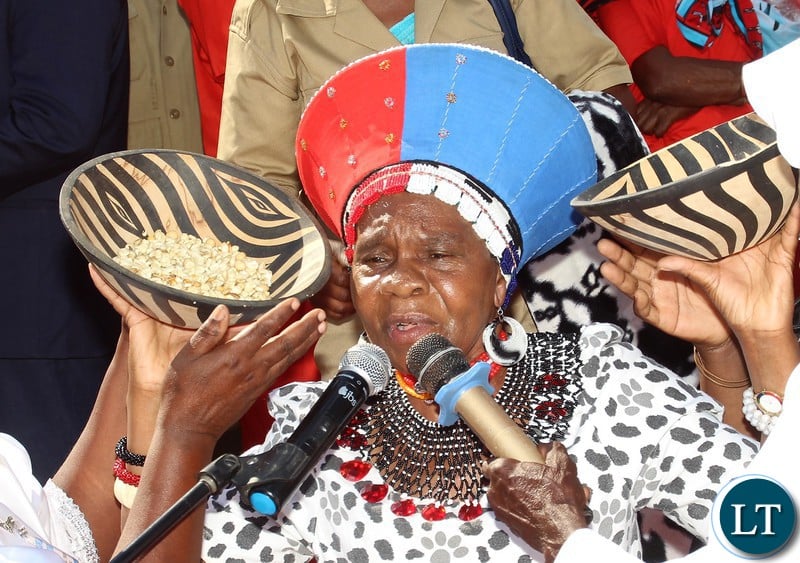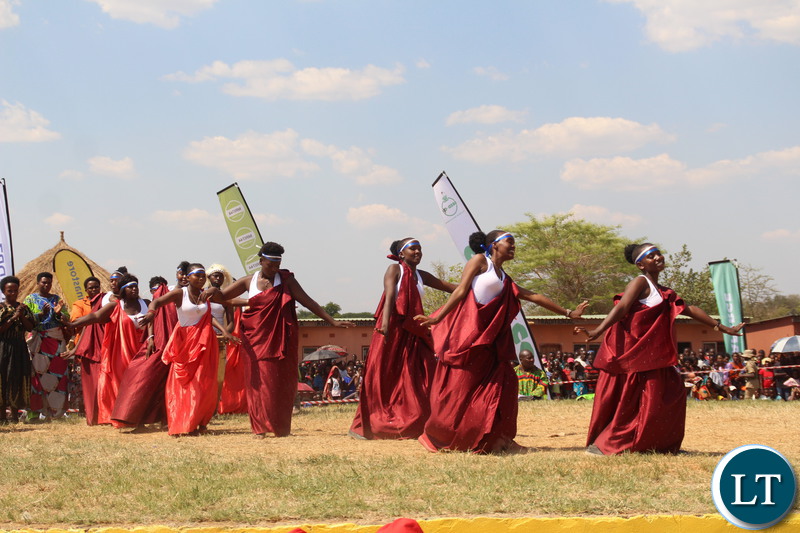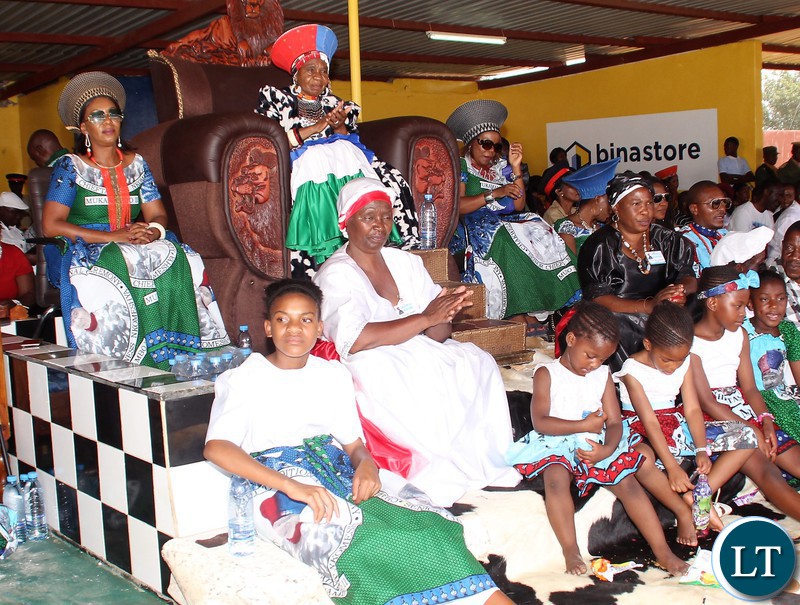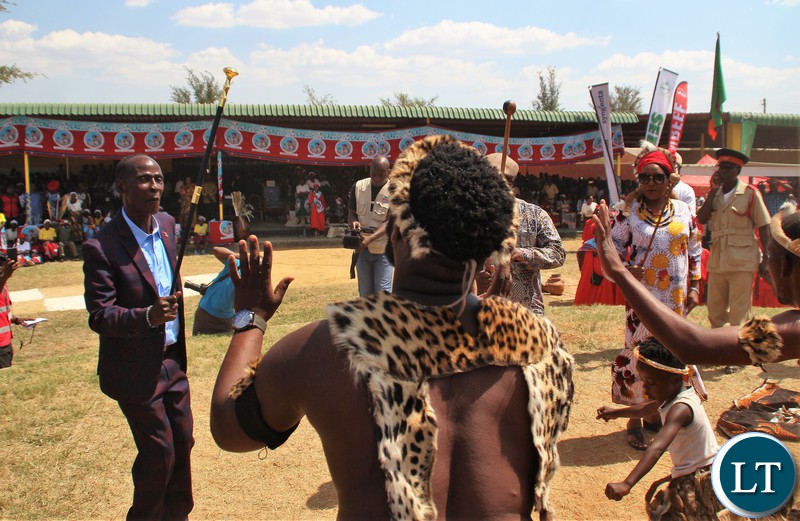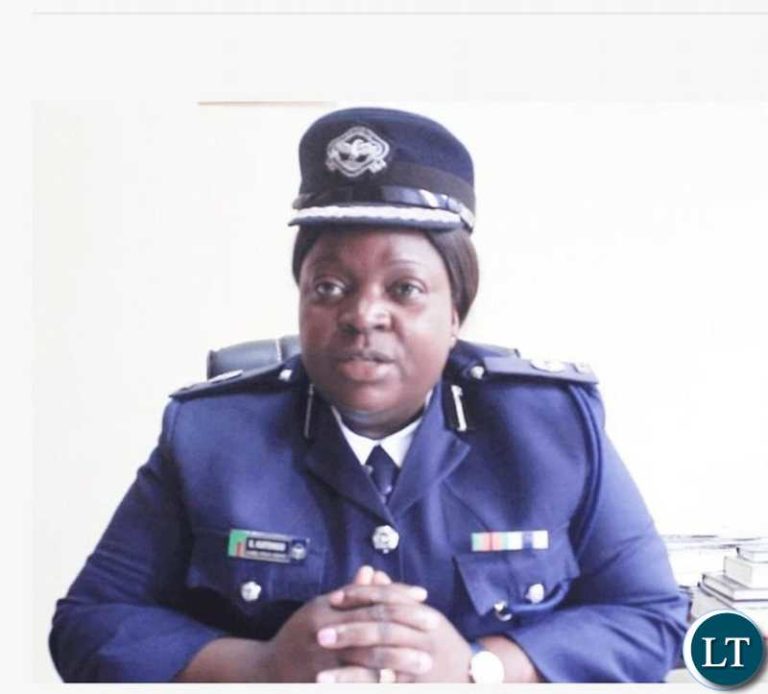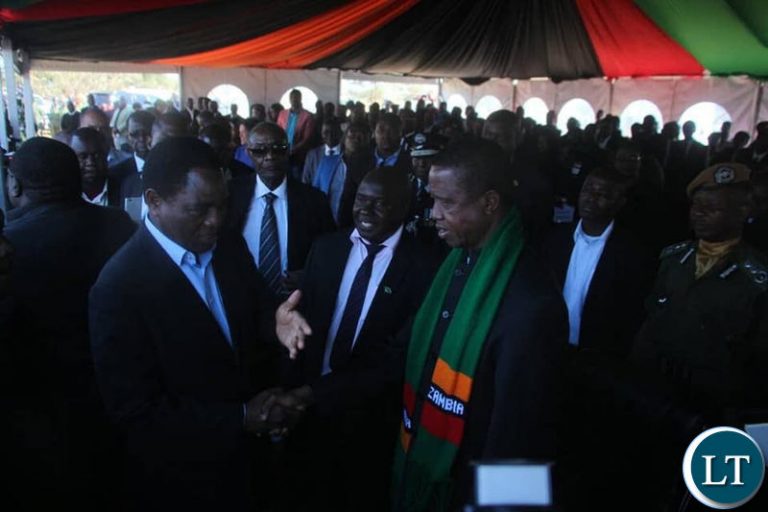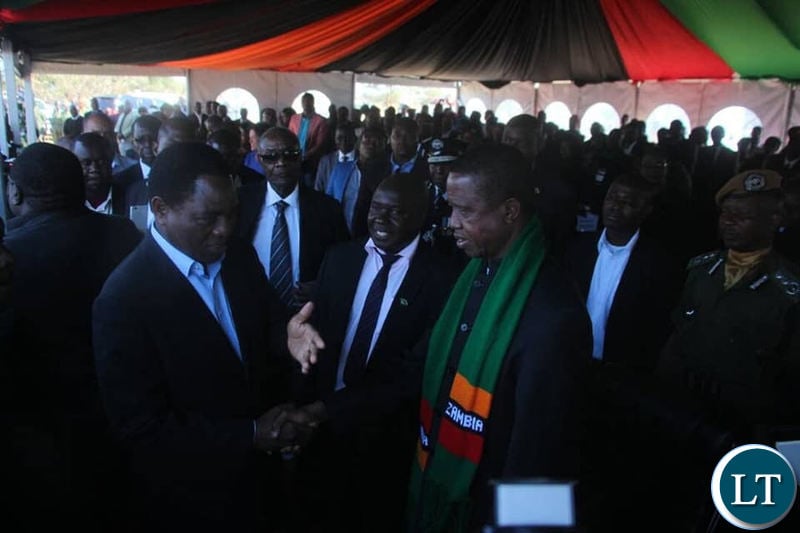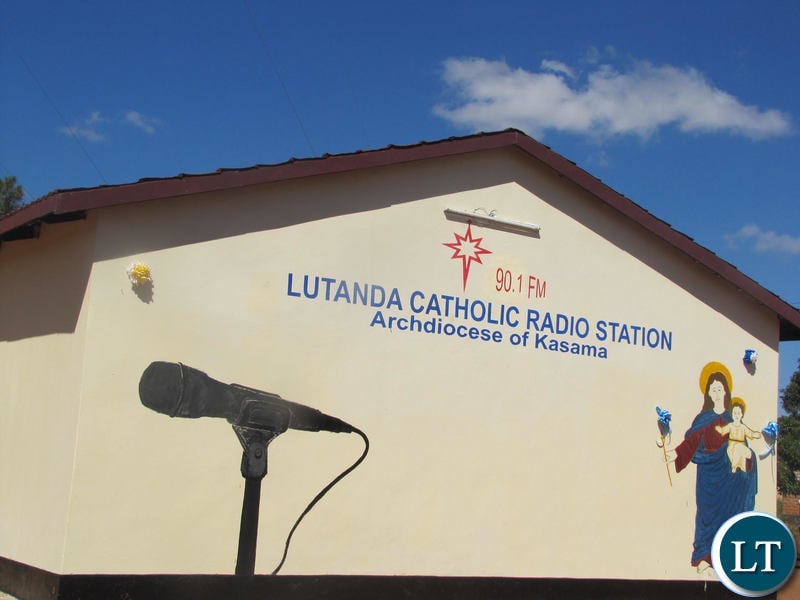
The Independent Broadcasting Authority has with immediate effect suspended the broadcasting license for Lutanda Radio Station in Northern Province for 30 days after the station aired a story with the potential to promote hate speech.
IBA Director General Josephine Mapoma says the aired story had potential to put the peace and security of the nation at risk.
Ms Mapoma says the decision to suspend the license was arrived at today during the emergency IBA Board meeting.
Briefing the media this afternoon, Ms Mapoma says IBA found Radio Lutanda to have breached the airing of a programme deemed to promote tribalism and hate speech, failure to moderate a programme and failure to follow guidelines provided for a Religious Broadcasting Stations.
On 12th November, 2019 the Authority followed a breaking story that alleged that Lutanda radio in Kasama was promoting tribalism on air.
This prompted the Authority to investigate the matter further and obtained soundbites of the programme.
“After conducting its investigations and analysing the recordings, the Authority found the following breaches: I. Airing a program deemed to promote tribalism and hate speech. The guests together with the presenter of the program were mentioning individual names (Hakainde Hichilema) and a particular ethnic group (Tongas) by passing derogatory, demeaning and tribal remarks likely to result into disorder and disrupt the peace of the public,” Ms. Mapoma said.
“This was in breach of Section 33 of the Principal IBA Act of 2002 which stipulates that …… ‘’every licensed broadcasting service, shall develop a code of professional standards which shall have respect for human dignity and rights and freedoms, and contribution to the tolerance of different opinions and belief.”
Ms. Mapoma said, “In addition, the station was deemed to have breached the provision of the IBA Act which discourages programming that can threaten the public safety, security, peace, welfare or good order.”
“The Authority also found that the Station had violated Regulation No. 3.2.1 of the Standard Operating Procedure (SOP) which states: material likely to encourage or incite the commission of crime or to lead to disorder must not be included in broadcasting services.”
“Furthermore, the Station could not adhere to its own developed code of Practice/Ethical guidelines which state that ‘’every person is created in the image of God and as such, has value in his/her own right. In addition, the station discourages hate speech and encourages the promotion of the One Zambia One Nation motto. It also has a guideline on callers which prohibits any caller from using hate speech or bad language’’.
“II. Failure to the moderate a programme
The Authority found that the moderator appeared to be perpetuating the discussion based on tribe instead of curtailing the debate. III. Failure to follow guidelines provided for a Religious Broadcasting Station. The Station aired a political program which is not in line with the License category which is a violation of the provision of the IBA Act. The IBA ACT has stipulated the type of content expected to be broadcast by a Religious Radio Station.”
She said the suspension has been done under Section 29 (1) (J) of the IBA Amendment Act of 2010 which prescribes that the ‘’Board may cancel a broadcasting licence if the cancelation is necessary in the interest of peace and security, welfare or good order’’.
“In addition, it has also been done under Section 29 (1) (k) of the IBA Amendment Act of 2010 which provides that, ‘The Board may suspend a broadcasting licence if it considers it appropriate in the circumstances of the case to do so.”
She said Lutanda Radio may appeal against the decision of the IBA Board to the Minister of Information and Broadcasting Services within 30 days pursuant to section 31(1) of the IBA Amendment Act of 2010 which provides that ‘’a person who is aggrieved with the decision of the Board under this part may appeal to the Minister within 30 days’’.
“During the suspension, the Station is expected to engage qualified and professional staff, conduct in -house training on basic journalism ethics, programme moderation skills, script writing and ethical broadcasting.”
“The Authority wishes to appeal to all broadcast stations to be careful in the way they handle programmes. Broadcast stations must operate in accordance with the existing broadcasting regulations and guidelines. Further, the Authority also wishes to appeal to members of the public and guests of stations to be mindful of their speech on air, as not doing so may have serious consequences for broadcast stations.”


